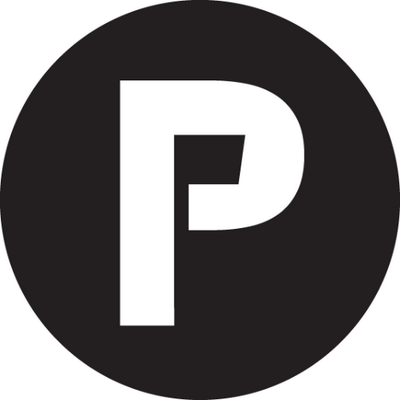Top Five E-Signature Must-Haves for any Business

By David Brinkman, AssureSign
Though the ESIGN Act that made electronic signatures legally enforceable was passed more than a decade ago (in 2000), we've only seen the technology emerge from a corporate luxury into a mass-market necessity over the past few years.
However, electronic signature's day in the sun has finally arrived. In the financial services industry specifically, nearly 75 percent of companies have reported adopting electronic signatures, compared to only 47 percent in 2009, according to research firm Celent.
Earlier this year, Forrester Research reported that e-signature usage has spiked 53 percent annually since 2012, and the same analyst firm predicts 700 million e-signature-powered transactions by 2017. With electronic signatures mainstream adoption now inevitable, companies of all sizes are finally making the necessary preparations.
As the 'digital consumer' becomes more comfortable with electronic signature, companies that have not already embraced e-sign are searching for the best solution or partner to meet their distinct business needs. For these companies - small to large and everywhere in between - there are five key features and functionality considerations that are important to ensure the end-user experience, customer satisfaction and the overall productivity and efficiency of workflow.
1. UX Should Be Seamless
Signing a document is a daily, transactional occurrence. End-users don't want to spend time and effort on trying to sign a document. What's more, companies are deploying e-signature software to streamline their business processes and save time. With that in mind, the user experience should be simple and easy for all parties signing. This includes easy-to-read call-outs to all sections of each document that must be signed, and ensure that each document submitted is 100 percent complete, every time.
2. Be Mobile Ready
Nearly two-thirds of Americans are now smartphone owners, according to Pew Research Center. With that statistic in mind, electronic signature deployments that are not responsive for mobile devices are no-go's. Users are on-the-go and must be able to read and execute documents with their fingers, and without the dreaded "scrolling and pinching."
3. Security, Security, Security
Think of electronic signature like you would any other critical business tool - a pen, for instance. You don't know what the pen will be used to accomplish and you have no way of knowing what type of information will be shared using this pen. That said, you must consider all information recorded in this interaction as personal and sensitive; think leases, mortgages and contracts, to name a few. These documents have sensitive, personal data on both ends of the transaction, which means that however e-signature is deployed; security must be in place to guard against any possible breaches to its integrity. Be sure to only partner with an e-signature provider that encrypts your documents in storage and in transit.
4. Make It Immediate
Going from paper to electronic signatures is all about expedience, convenience and efficiency. In today's digital world, it's what customers have come to not only expect, but to demand. To deliver on the promise of electronic signatures, companies must make sure that documents are being delivered both to signees and signors and, after a document is executed, that copies are sent out immediately to all parties.
5. Stay On Brand
There's no reason to leave your company brand behind when you're dealing with documents. Keeping your company's imagery front-and-center on all documents isn't only a branding luxury, but a critical component to the overall customer experience (so signers know with whom they are doing business). When first deploying e-sign capabilities, don't forget to keep your company's logo, messaging and contact information at each step of the process, from document initiation to final execution.
David Brinkman is president and CEO of AssureSign. AssureSign provides electronic signature software in the fofrm of customizable on-premise solutions for enterprises and on-demand, cloud-based solutions for small businesses. A veteran technology entrepreneur, David also co-founded Third Party Verification, Inc. (3PV), which is now a part of AssureSign. David also serves as an active board member of the Electronic Signature and Records Association (ESRA). Connect with David on LinkedIn.

Subscribe to Our Newsletter!
Latest in Software








